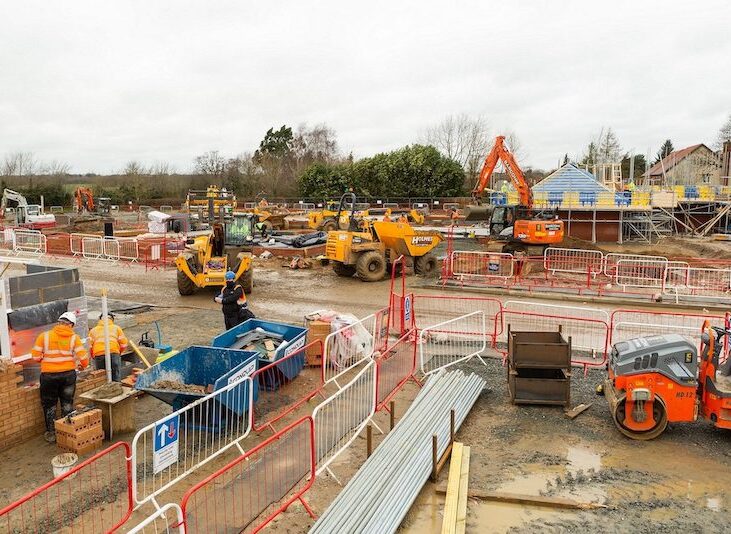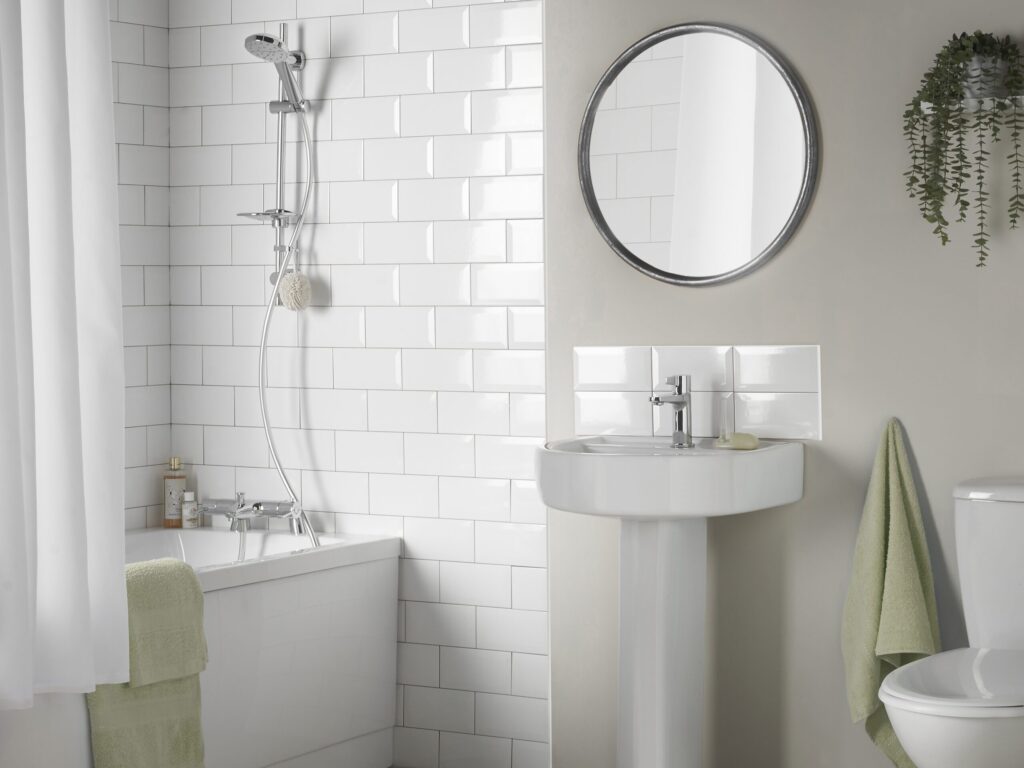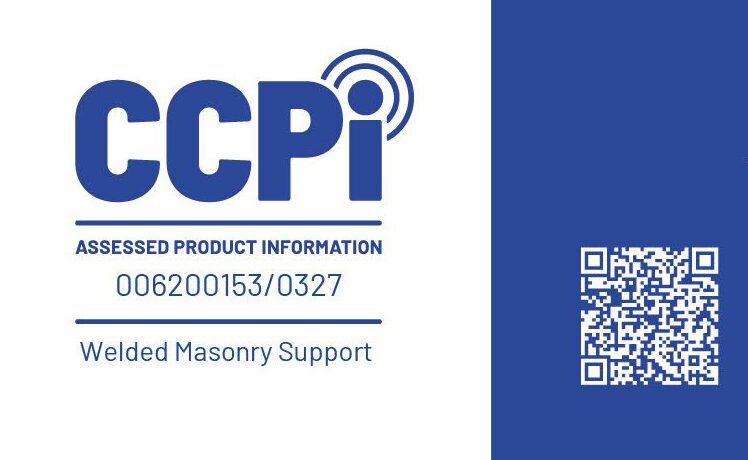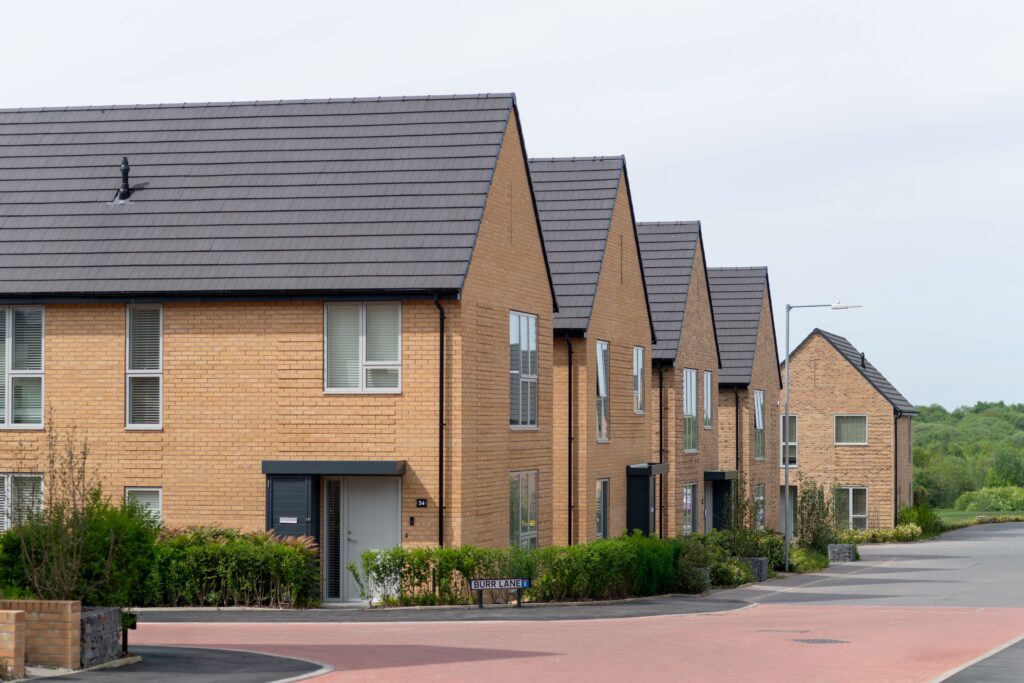Stephen Johnson, Managing Director of Quooker, discusses how energy efficiency, smart technology, and sustainability are transforming the kitchen appliance industry, highlighting innovations that reduce waste and improve convenience for modern homes.
What do you consider to be the most impactful innovations currently shaping the kitchen and home appliance industry?
The kitchen and home appliance sector is undergoing a remarkable transformation, driven by innovations that prioritise energy efficiency, convenience, and smart technology. From appliances that integrate seamlessly into smart home ecosystems to designs that save both space and resources, the focus is on enhancing everyday life while minimising environmental impact.
Multi-functional appliances are particularly noteworthy, addressing the demand for products that combine efficiency with versatility to better suit smaller spaces and busier lifestyles. For instance, taps that provide not only boiling water but also chilled and sparkling options reflect how even the smallest details in kitchen design are being reimagined.
Which emerging trends in home appliances, particularly in kitchen technology, do you see having the greatest influence on the future of the sector?
Sustainability has become a non-negotiable priority across the kitchen appliance industry. It has now moved from being a buzzword to a core driver in the kitchen appliance market. Consumers are increasingly prioritising energy and water efficiency, looking for products that reduce environmental impact without compromising on performance. This has led to the development of appliances designed to conserve finite resources, whether through reducing water waste or using advanced insulation to cut energy consumption.
With consumers demanding greener solutions, manufacturers are investing in energy-efficient designs, water-saving technologies, and materials with lower environmental footprints. Take, for instance, appliances that address energy consumption by employing innovative insulation to maintain efficiency with minimal standby power. Similarly, there is a push to tackle water waste, with some products designed to optimise use and significantly reduce wastage. Features like chilled and sparkling water dispensers are also reducing reliance on single-use plastics, offering practical solutions for eco-conscious homeowners. These developments show a collective commitment to aligning industry practices with the urgent need for environmental sustainability.
Sustainability has become a key concern in many industries. How does Quooker approach sustainability, and what steps are being taken to reduce environmental impact within your product range?
Sustainability is no longer an optional extra for brands to consider, but an industry imperative. There is a very real climate crisis facing this and future generations and as a sector, we have a corporate responsibility to put manufacturing practices and product innovations in place that will leave as minimal impact on the planet as possible. This is a responsibility we at Quooker take very seriously.
Quooker taps have been designed to be incredibly energy efficient. Thanks to its state-of-the-art, patented high-vacuum insulated tank technology that prevents heat from escaping, all Quooker taps use minimal energy to keep the water in the tank at 110°C. Unlike an energy-guzzling kettle that uses 2,200 watts to boil 1.7 litres of water, a Quooker only uses 10 watts per day to keep water ready to use. Stored as steam, water only starts to boil when the tap is turned on and the temperature of the outflowing water drops to 100°C. This low standby power consumption has resulted in the company having the best energy rating in Europe (A-rating).
Read more news and exclusive features in our latest issue here.
Never miss a story… Follow us on:
Showhome
@Your_Show_Home
@Showhomemag
Media Contact
Hannah Larvin
Editor, Showhome
Tel: +44 (0) 1622 823 920
Email: editor@yourshow-home.com











